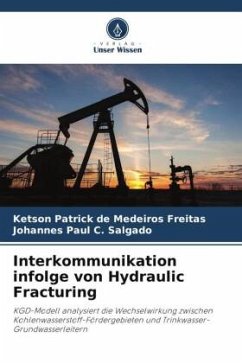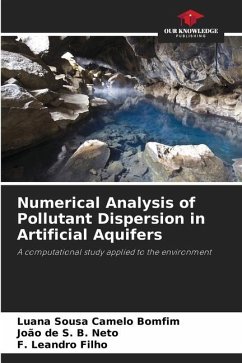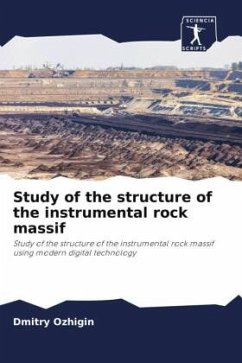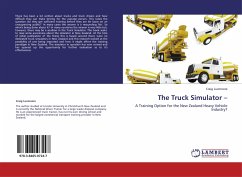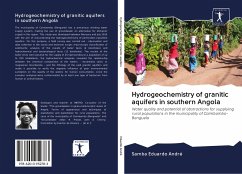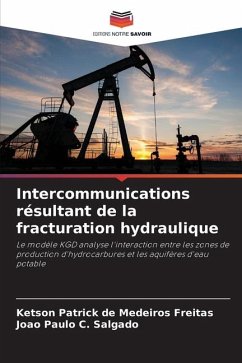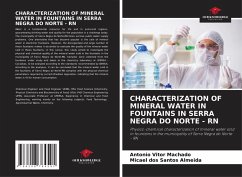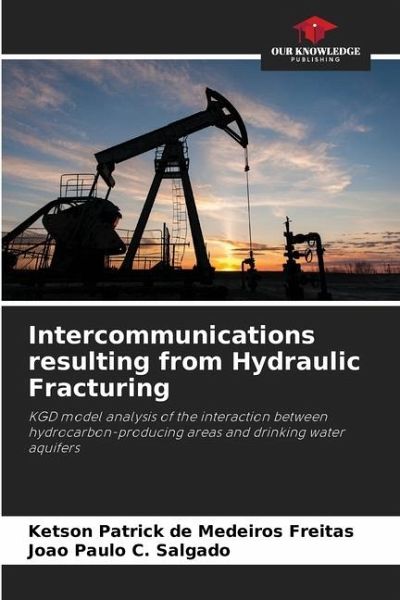
Intercommunications resulting from Hydraulic Fracturing
KGD model analysis of the interaction between hydrocarbon-producing areas and drinking water aquifers
Versandfertig in 6-10 Tagen
24,99 €
inkl. MwSt.

PAYBACK Punkte
12 °P sammeln!
With the increase in global energy demand and the search for new, more abundant and less impactful sources, a new type of hydrocarbon reservoir has begun to gain attention and investment: unconventional reservoirs. New techniques such as hydraulic fracturing are used to exploit these types of reservoirs. However, at the same time as allowing the exploitation of huge new reserves of natural gas, hydraulic fracturing is also the target of controversy and environmental accusations. Environmentalists point to a series of risks and impacts caused by the use of the technique, the most common of whic...
With the increase in global energy demand and the search for new, more abundant and less impactful sources, a new type of hydrocarbon reservoir has begun to gain attention and investment: unconventional reservoirs. New techniques such as hydraulic fracturing are used to exploit these types of reservoirs. However, at the same time as allowing the exploitation of huge new reserves of natural gas, hydraulic fracturing is also the target of controversy and environmental accusations. Environmentalists point to a series of risks and impacts caused by the use of the technique, the most common of which is the intercommunication of hydrocarbon-producing zones with drinking water aquifers. This work seeks, through the construction and use of a simulator, to validate the risks and impacts pointed out by environmentalists, in particular the occurrence of intercommunication caused by the artificial fractures created.





